The Gulf Information Technology Exhibition (GITEX) wants to bring about 100 Nigerian companies to Marrakech, Morocco where the second edition of the event in Africa (GITEX Africa) is taking place in May 2024. Last year only seventy tech startups from Nigeria, out of 450 global startups, participated in the event.
At a stakeholders meeting on Tuesday 27 February 2024, the organisers, Dubai World Trade Centre, said it was expanding Nigeria’s participation in the event because of the role tech companies from the country have played in the development of the ecosystem in Africa.
The participating startups would have the opportunity to compete for a $100,000 prize money for the startup with the most compelling innovation. There are other prizes to compete for including the Young African CEO award which comes with a monetary prize.
This year’s edition comes with the launch of World Future Health Africa, an initiative that seeks to bring more attention to the digital health space with the potential to provide affordable and accessible healthcare. Funding to digital health companies and projects on the continent is still very low due to the complex and divergent regulatory landscape, the World Future Health Africa noted on its website. This complexity dissuades potential investors and obstructs crucial financial support for the space.
The 100 startups will be selected from accelerators and other stakeholders working with the Dubai World Trade Centre, the event organiser. Dubbed the largest tech gathering in Africa, GITEX offers startups the platform to present their innovations to a diverse selection of investors from different countries including Nigeria. They also learn from the experiences of entrepreneurs and founders who have built global and local companies, as well as interact with regulators on the continent.
As part of post-event onboarding, startups that attend GITEX Africa are often matched to investors according to the industry where they operate. The organisers also curate a program that enables startups to meet with potential clients, including government agencies looking for specific innovative solutions tailored to the challenges their countries face.
While GITEX is sector-agnostic, organisers often follow market trends and seek startups that are providing solutions in the markets investors are focusing on. This often influences the criteria for startup selection. For example, the current trend favours startups working with artificial intelligence, fintech, agrotech, and healthtech startups. The organisers also prefer startups with products already in the market. However, for founders with ideas to pitch, they have to ensure the ideas are tested and are market viable. The founders need to have some traction to pitch to investors.







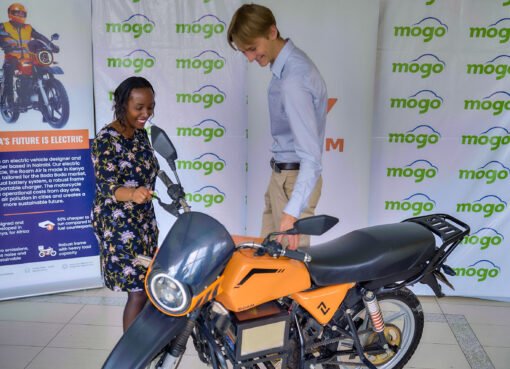
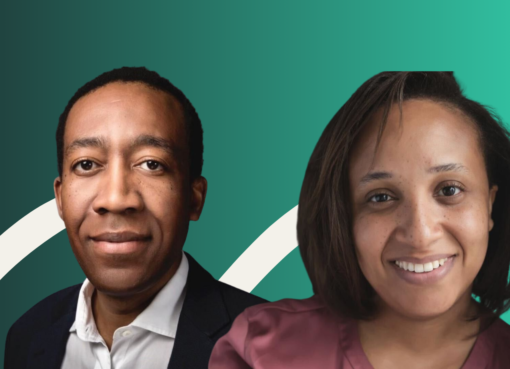
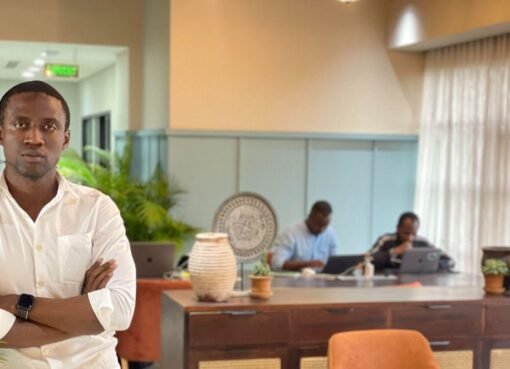




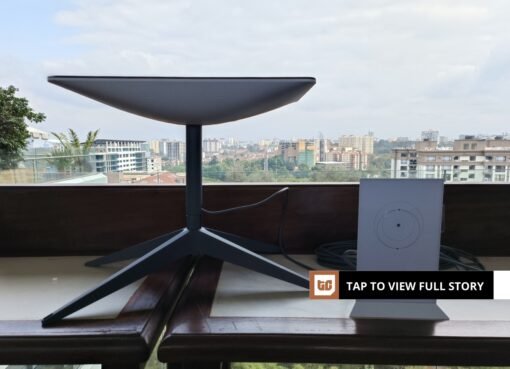

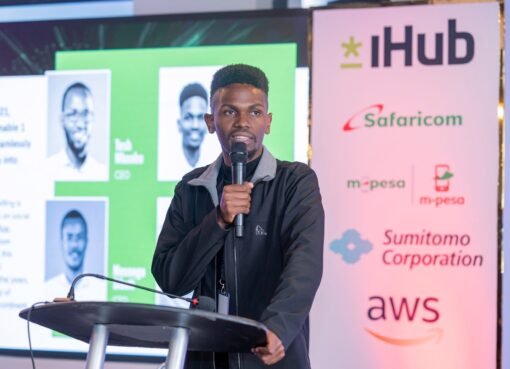
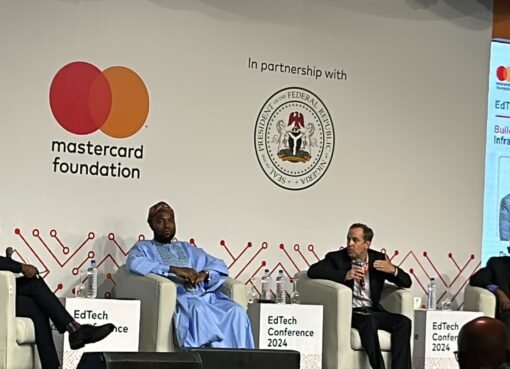

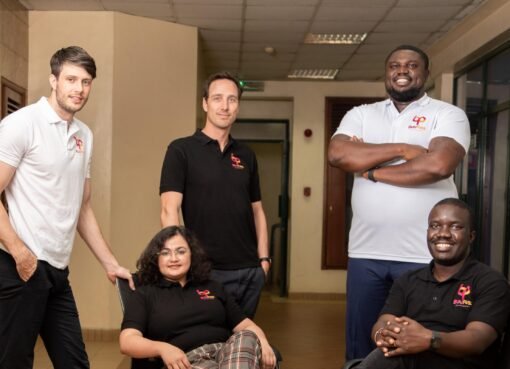

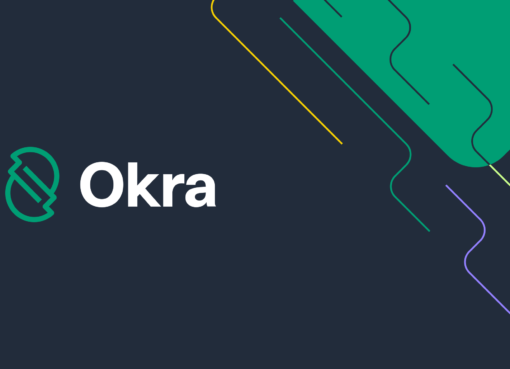
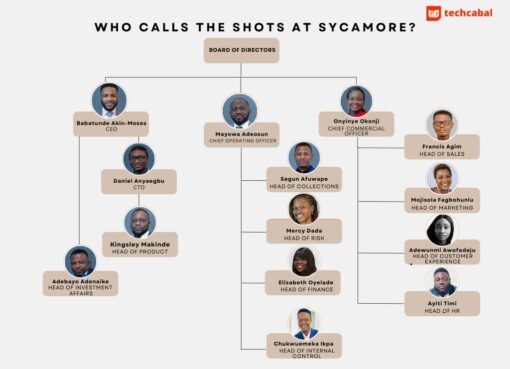

Comment here